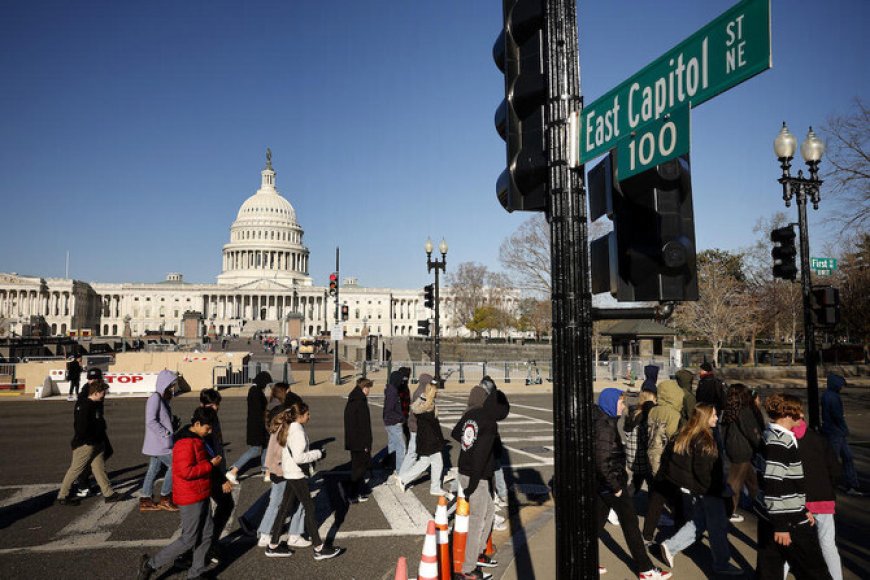US Senate Passes Social Security Change Despite Fiscal Warnings
In a rare display of bipartisan agreement, the U.S. Senate approved the Social Security Fairness Act early Saturday morning in a 76-20 vote. The measure, which seeks to increase Social Security retirement payments for certain public sector retirees, has drawn sharp criticism from fiscal experts who warn it could exacerbate the program’s financial instability. The House of Representatives had already passed the bill last month in a 327-75 vote, sending it to President Joe Biden’s desk for final approval.

Early Saturday morning in a rare show of bipartisan accord, the U.S. Senate passed the Social Security Fairness Act 76-20. Fiscal analysts who warn the proposal will worsen the financial instability of Social Security have harshly criticised it since it aims to raise retirement payments for some public sector retirees. Last month, the House of Representatives voted 327-75 on the measure, which is now before President Joe Biden's desk for ultimate clearance.
The law removes decades-old clauses lowering Social Security compensation for retirees who also earn public pensions including postal workers, police officers, and former firemen. Originally designed to curb federal benefits for pension-owning higher-earning workers, these clauses have over time impacted a larger spectrum of public sector workers. Should legislation be brought into effect, the new proposal may give some recipients—possibly affecting about 2.5 million Americans, or around 3% of all Social Security recipients—some hundreds of dollars extra monthly.
Although legislators and advocacy groups representing public sector employees find the reforms appealing, some contend they could hasten the trust fund's depletion—which is expected to run out by 2033. The Congressional Budget Office projects that over the following ten years, the measure has a $196 billion price tag. President of the Committee for a Responsible Federal Budget Maya MacGuineas cautioned that the legislation would cause the trust fund to run out six months sooner.
Strong criticism was voiced by Republican Senator Ted Cruz, who said the law favors short-term benefits for a small group over the larger interests of seniors depending only on Social Security. "Every senator voting to impose $200 billion of cost on the Social Security Trust Fund is sacrificing the interest of seniors who earned these benefits," Cruz added.
Bill supporters, however, minimized the budgetary issues. Proponents of the measure, Senator Michael Bennet, said that the solvency of Social Security is a different matter entirely to be resolved going forward. But this viewpoint has left analysts of fiscal policies such as Emerson Sprick of the Bipartisan Policy Center disappointed. "The overwhelmingly support for a measure contrary to what policy experts recommend is disheartening," Sprick said.
The argument highlights the conflict between providing quick financial relief for particular people and guaranteeing the long-term survival of the biggest social safety net program as Congress advances with this divisive measure. The passage of the Fairness Act begs important issues regarding the future of Social Security and the legislative priorities influencing it, given already under examination solvency of the program.













































